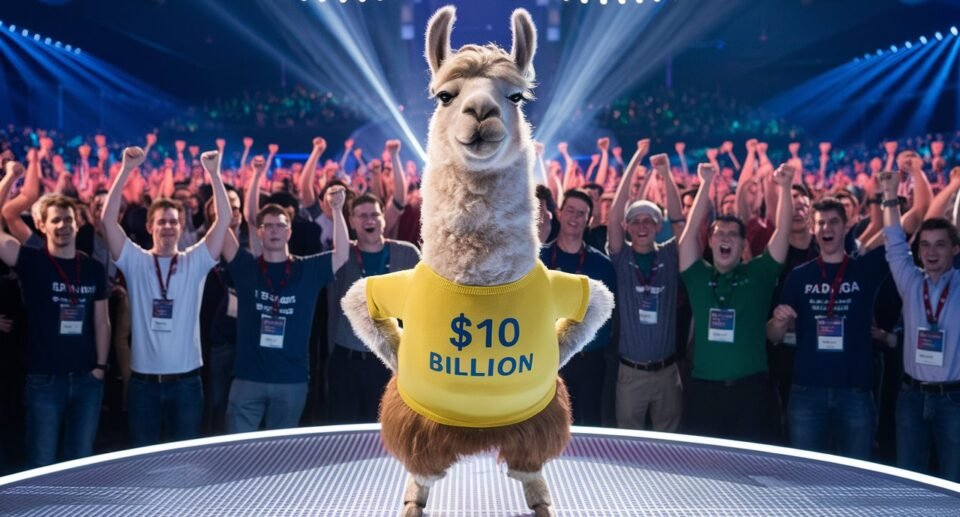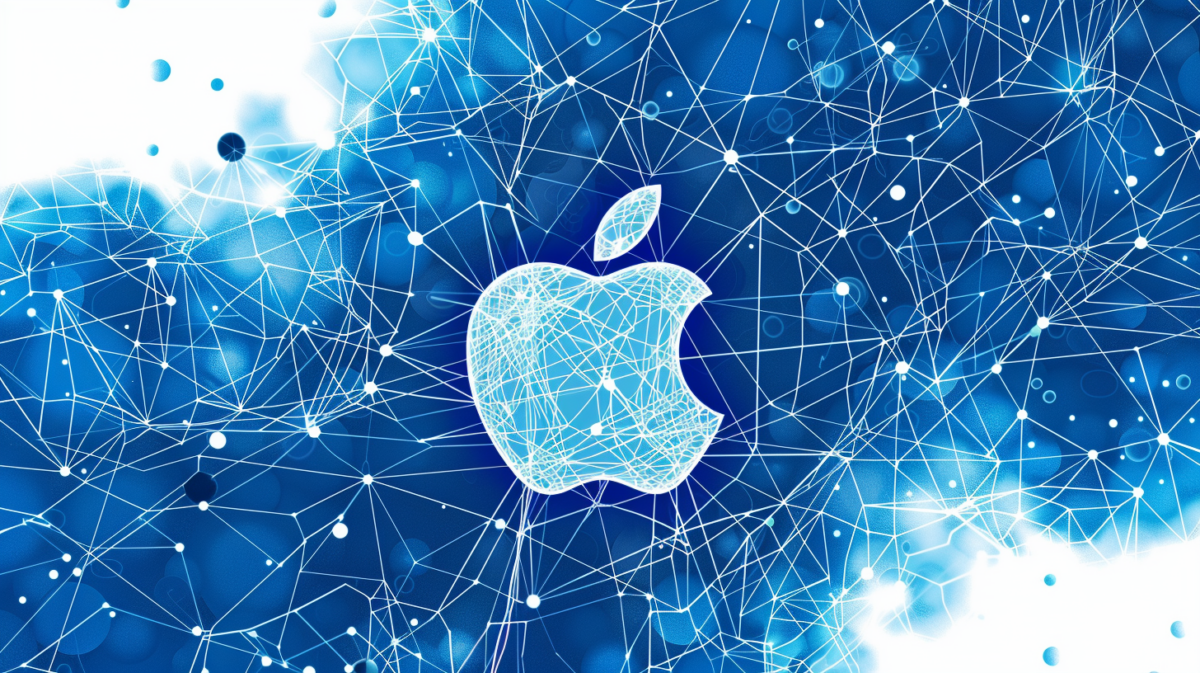Why Meta CEO Mark Zuckerberg is willing to give away a $10 billion AI model

Meta CEO Mark Zuckerberg said he would be willing to open source a $10 billion AI model if it passes safety tests and benefits everyone involved.
Meta has a strong history in open source, with projects like PyTorch, React, and the Open Compute Project, Zuckerberg said in a recent podcast with Dwarkesh Patel.
By open-sourcing hardware designs through the Open Compute Project, Meta has expanded the supply chains around its designs, leading to price reductions and billions of dollars in savings for everyone involved, Zuckerberg said.
He believes a similar effect could happen with AI models, for example, if the community finds ways to make them run more efficiently.
Ad
Ad
Meta has just announced its latest open-source LLM Llama 3. The largest version, coming soon, can compete with the best closed-source models to date, such as GPT-4 and Claude 3, in synthetic benchmarks.
Dario Amodei, CEO of Anthropic, the company behind the Claude models, recently estimated that AI models could cost $5-10 billion to train and deploy in the coming years.
Open Source as a counterweight to proprietary APIs
Zuckerberg sees open source as a way to avoid dependence on a few companies that act as gatekeepers, deciding what developers can build with their AI models. He doesn’t want Meta to be in that position, and he believes many developers don’t want to be restricted by gatekeeper companies either.
Meta’s CEO has previously said that open sourcing would improve Meta’s models without reducing the differentiation of Meta’s LLM-based products, since it still takes significant work to go from a model to a product.
However, Zuckerberg acknowledges that things get more complicated when the model itself becomes a product. In that case, the economic pros and cons of open sourcing would have to be carefully weighed, but he doesn’t currently see Meta in that situation.
Recommendation
In a recent submission to the NTIA, Meta argues that open-source AI leads to better and safer products, faster innovation, and a larger market. Open models would democratize access to AI and create opportunities for everyone, not just technology giants. Meta advocates a “spectrum of openness” in which developers decide for themselves how to release their models.










